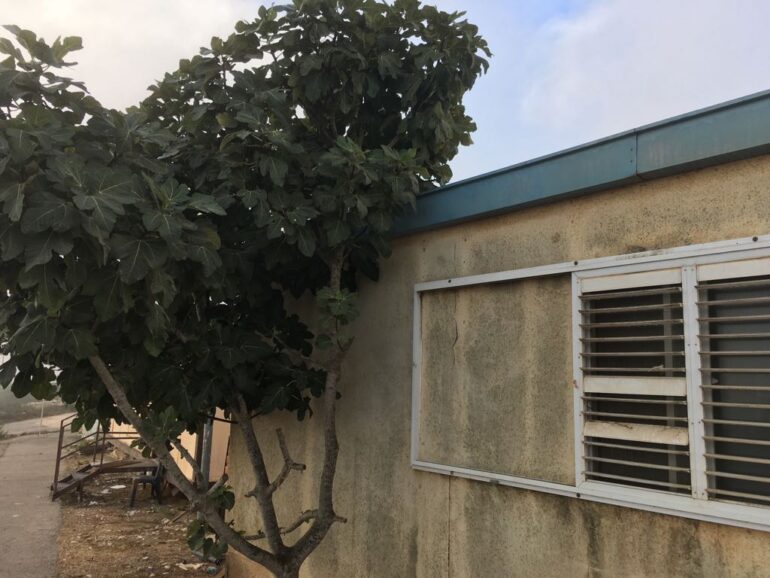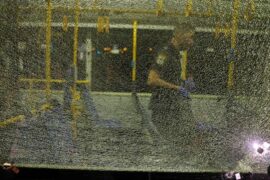While the great detail Parshat Metzora gives to distasteful subjects like tzaraat and scabs might seem repulsive to some, these themes actually accentuate the totality of the Divine Ideal.
There is nothing outside the realm of our Torah, which deals with the most undignified aspects of existence just as it relates to the most exalted. Whether illuminating the subjects of diplomacy, interpersonal relationships, tying shoes or even a person’s conduct while relieving bodily fluids, the Torah is absolute and perfect in its entirety, leaving no aspect of life unexplained or undirected.
As a result of Jewish identity and culture being diluted during Israel’s long and painful exile from our land, many of even the most learned and ritually observant Jews have limited their acceptance of Torah by adopting the cultural norms and value systems of host countries.
Within these limitations, Diaspora Jews feel comfortable expressing their approval for spiritual matters like the Sabbath and dietary restrictions (as these do not directly conflict with what is socially acceptable amongst their gentile neighbors) but mitzvot that challenge the values of Western civilization are often overlooked and disregarded so as not to jeopardize the comforts and privilege some have achieved in foreign lands.
There is sometimes a conscious or subconscious distinction made between pleasant mitzvot and mitzvot that cause some level of embarrassment (with this category being dependent upon the subjective spirit of the times).
While today, most Jews are proud of the commandments that require us to help the poor and honor parents, some regrettably distance themselves from the rules of modesty, warfare and the status of idolatrous faiths in our land. And perhaps the most uncomfortable mitzvah for even the most seriously committed Diaspora Jew is alluded to in Metzora.
“HaShem spoke to Moshe and Aharon, saying: When you arrive in the land of Canaan that I give you as a possession, and I will place a tzaraat affliction upon a house in the land of your possession; the one to whom the house belongs shall come and declare to the Kohen, saying: Something like an affliction has appeared to me in the house.” (Vayikra 14:33-35)
The Ramban explains (in his commentary to Vayikra 13:47) that in their very essence, tzaraat afflictions are miraculous as their occurrence is actually an unnatural phenomenon.
When Israel lives a national Torah life on our native soil, we take on an aura of kedusha that is expressed even in physical radiance. If a Hebrew were to commit a transgression, his or her spiritual fall could potentially be reflected in a loss of beauty and the appearance of a tzaraat affliction on his or her body, home or clothing.
Only in the land of Israel can the Hebrew nation’s spiritual level project such a tangibly physical manifestation because only by living a national Torah life in our homeland can we cause Divine blessing to flow through the world.
Only on our own soil can the Jewish people live up to our full potential as a “kingdom of priests and a holy nation” (Sh’mot 19:6).
While it is certainly unfortunate that even observant Jews in the exile can become corrupted by the moral values of their host countries, the greater tragedy is that they are not living up to the full potential for which they were created in the first place. Even their mitzvot fall short of influencing the world as they naturally would if performed in their proper location.
Therefore, only by returning to a complete national life in the land of our life’s blood can the Jewish people express the true greatness of our Torah. And only by illuminating the Torah’s full grandeur will Israel lead humanity toward its goal of full redemption.





